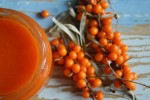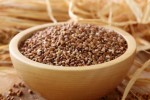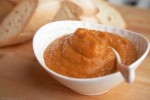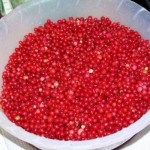
Lingonberries
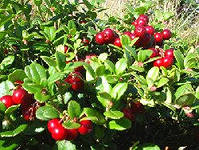
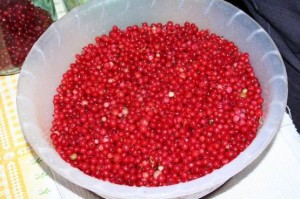
Lingonberries (Rus. Брусника, “brusnika”) are known under many names (foxberry, cowberry, mountain cranberry, in German – Preiselbeere, in Dutch – rode bosbes). These berries are popular in many countries, especially Nordic and Baltic countries, where people know the health benefits and great nutritional properties of those berries, often collected in the wild. According to Wikipedia“ the berries contain plentiful organic acids, vitamin C, vitamin A (as beta carotene), B vitamins (B1, B2, B3), and the elements potassium, calcium, magnesium, and phosphorus. In addition to these nutrients, they also contain phytochemicals that are thought to counteract urinary-tract infections, and the seeds are rich in omega-3 fatty acids.” That explains why these berries are commonly used in folk medicine.
<p>Another product you can get from these berries is a traditional Russian soft drink “Lingonberry water” (брусничная вода). Here’s the quick recipe:</p>
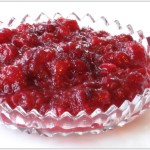
Ingredients:
Lingoberries – 400 g
Boiled water – 2 litres
Honey – 2 tbs
Clove – 1

Method:
Thaw and wash the berries, remove any leaves. Boil the water, when it’s still hot add the honey, stir to melt, and let it cool. Add the clove and the berries and leave the mix to infuse for 2 weeks in a dark place, and then you can put it to the fridge. Once the drink has been consumed, you can reuse the berries, pouring water with honey and infusing it again.
This is not only a home-made organic substitute to lemonades and fizzy drinks full of sugar, additives and food dyes, but also a product full of vitamins and health benefits.
Another traditional Russian drink using lingonberries is “lingonberry mors” – one of the many morses, soft berry drinks.



